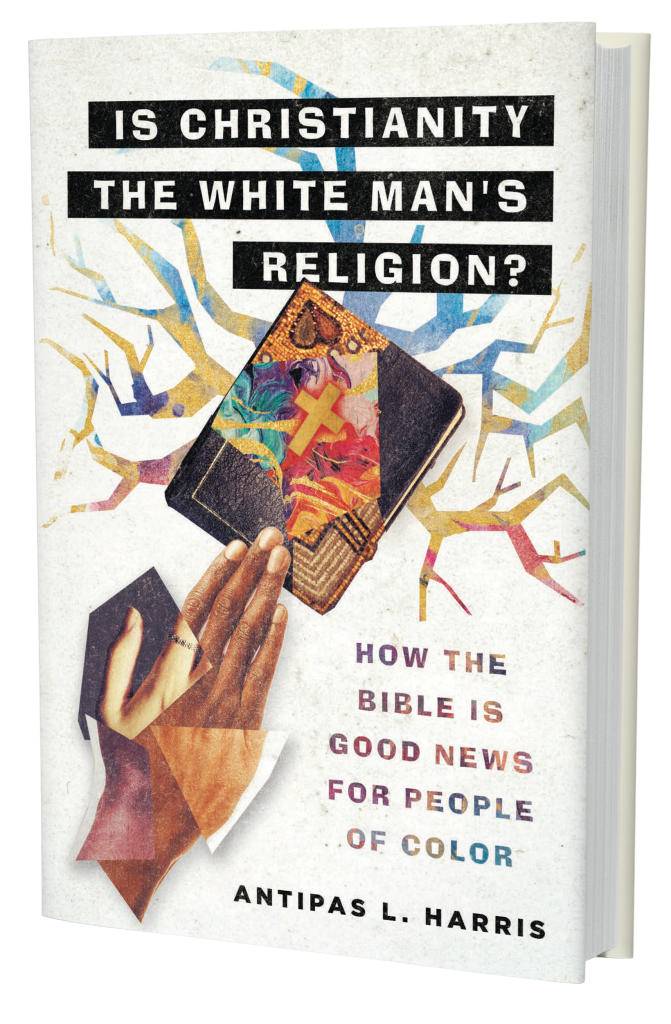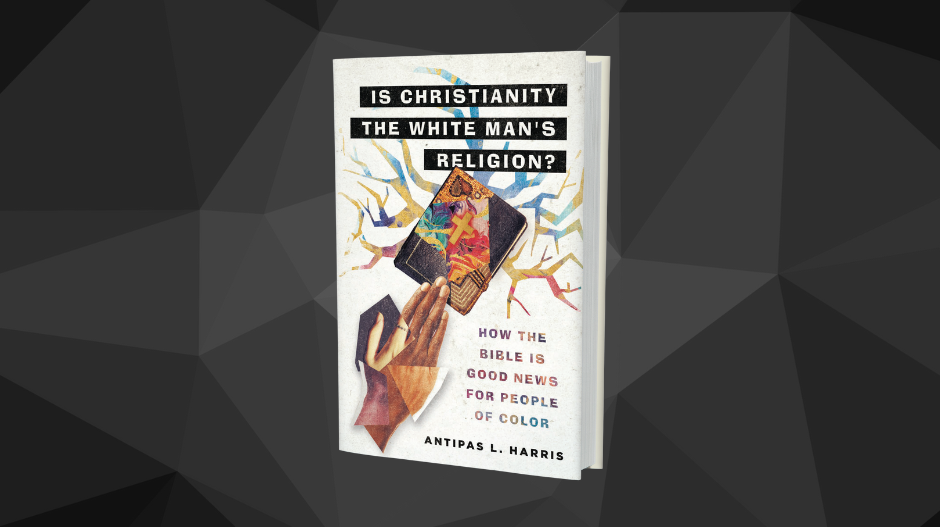The question is, is Christianity the white man’s religion? But it’s not a new question. In this generation, there’s renewed and growing suspicion about religion and Christianity in particular. Some people are outright rejecting all structured religion. Based on surveys conducted in 2018 and 2019, Pew Research Center reports that 65% of American adults now describe themselves as Christian, down from 77% in 2009. Meanwhile, the portion that describes their religious identity as atheist, agnostic, or “nothing in particular” now stands at 26%, up from 17% in 2009.” In 2022, Pew estimated, “31% of people raised Christian become unaffiliated between ages 15 to 29, the tumultuous period in which religious switching is concentrated. An additional 7% of people raised Christian become unaffiliated later in life, after the age of 30.”
This means that the resistance to the Christian faith is almost as strong as the decline in commitment. Most people aren’t simply losing interest. They’re instead building arguments against the faith.
If believers are to bear witness to the future of society, we must involve apologetics with evangelism. People of faith must deepen their understanding of the faith with an accompanying rationale for believing in Jesus. Few people are Christians because it’s a cultural thing to do. Few families attend church together and raise their children with the expectation of attending worship services. Sunday school is quickly becoming a thing of the past.
Believers need more than a Sunday sermon. We need ongoing Bible classes to gain a clear vision of biblical Christianity and a sound defense of the gospel in the face of this growing religious cynicism.
There are many factors at play. It would be irresponsible to reduce this complex issue to a simple premise. This book focuses on a single but profound problem as old as the social constructs of the world’s racial divisions. The problem resurfaces and demands deep, critical reflection when we think we have overcome it.
In my book, Is Christianity the White Man’s Religion?, I share an interesting experience while teaching a graduate course a few years ago at Regent University. A young divinity school student interrupted my lecture with a (seemingly) strange question. He said, “Dr. Antipas, a lot of my friends are questioning why black people would be Christians when the Bible seems to support slavery. They say Christianity is the white man’s religion.”
- The question was out of the blue as it was unrelated to the course on leadership. But the sincerity in the student’s eyes pierced my heart as he waited for an answer. To be honest, I don’t remember my answer. But the question echoed in the corridors of my mind repeatedly for weeks.
- The question seemed anachronistic. During the Jim Crow Era, religions like The Nation of Islam and others argued Christianity was the figment of European imagination to support slavery, the Holocaust, apartheid, and other human-sponsored tragedies in the modern world.
The million dollar question is, why would this question resurface today as one worthy of disrupting my lecture? A lot has changed since the Civil Rights Movement. Yet, several factors play into why there’s a new wave of young religious skeptics. Many are not affiliated with a religion and are searching for answers about faith, identity, and everyday life’s struggles.



